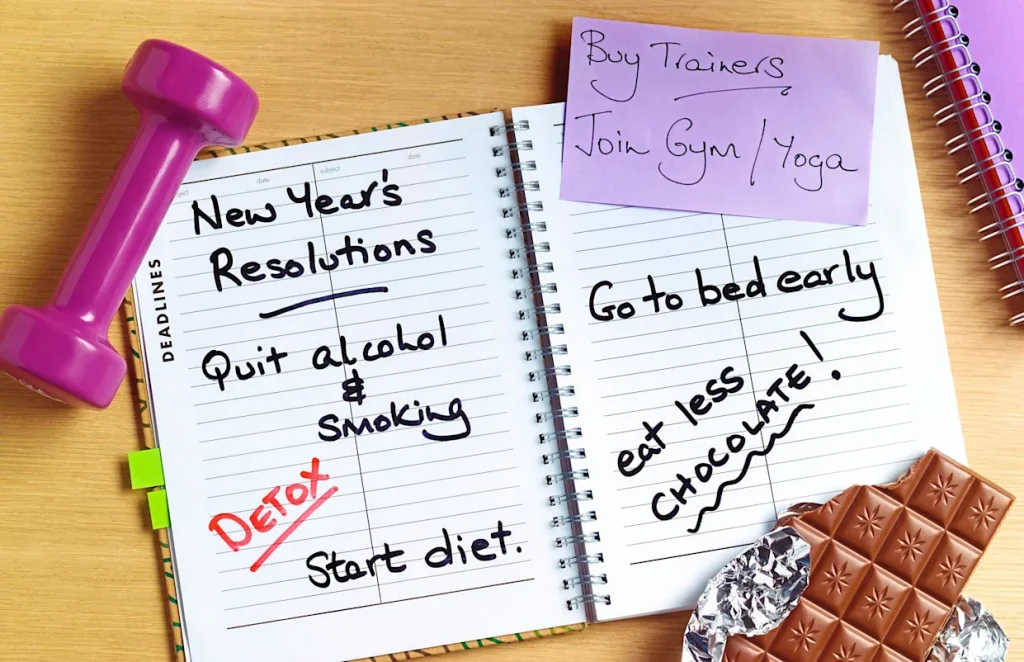
Self-discipline is the secret ingredient behind every successful person’s story. Whether you want to improve your health, grow your business, or simply become more focused, discipline is what turns intentions into actions. The good news is that self-discipline is not an inborn trait — it’s a skill you can develop. And with the right strategy, you can make real progress in just 30 days.
Here’s a practical, step-by-step approach to building self-discipline in one month.
1. Set a Clear and Specific Goal

Before you can build discipline, you need something to focus on. Vague intentions like “I want to be more disciplined” don’t work. Instead, set a clear, measurable goal that you can commit to over the next 30 days.
For example:
- “I will wake up at 6 AM every day.”
- “I will work out for 20 minutes daily.”
- “I will write 500 words every morning.”
Having a specific target gives your brain a clear direction and reduces decision fatigue.
2. Start Small to Build Momentum
Many people fail because they try to make drastic changes overnight. Real discipline is built through small, consistent actions.
If your goal is to exercise daily, don’t start with a 90-minute workout. Begin with 10 or 15 minutes and gradually increase the intensity as your willpower strengthens. Small wins build confidence, and confidence fuels consistency.
3. Create a Structured Routine
Discipline thrives in structure. When you have a set routine, you reduce the number of decisions you need to make each day — and that frees up mental energy for sticking to your goals.
Here’s how to create a basic structure:
- Pick a fixed time to work on your goal every day.
- Prepare the night before so you face fewer distractions.
- Use reminders — calendar alerts, sticky notes, or phone alarms — to keep yourself accountable.
The more predictable your routine, the easier it becomes to follow through.
4. Remove Temptations and Triggers

Willpower alone isn’t enough; your environment plays a huge role. If your goal is to avoid junk food, but your kitchen is filled with chips and soda, you’re setting yourself up for failure.
Take some time to identify your distractions and triggers, then actively remove or minimize them.
- Keep your phone in another room during focused work sessions.
- Use website blockers to avoid social media.
- Surround yourself with people who support your goals.
Making good choices easier — and bad choices harder — is a smart way to stay disciplined.
5. Track Your Progress Daily
Tracking progress gives you immediate feedback and motivates you to keep going. Whether you prefer a notebook, an app, or a habit tracker, the key is to record your daily actions.
Each day you stick to your plan, tick it off. Over time, you’ll see a streak forming — and that sense of progress becomes a powerful motivator. If you miss a day, don’t beat yourself up. Reflect on what went wrong and get back on track the next day.
6. Embrace Discomfort
Building discipline isn’t always easy. There will be moments when you don’t feel like working out, waking up early, or focusing on your goals. That’s normal. The key is to accept temporary discomfort for long-term gain.
A simple mindset shift helps: instead of asking, “Do I feel like doing this?” ask, “Will this action bring me closer to my goals?” Most of the time, the answer will push you toward action — even when motivation is low.
7. Reward Yourself Wisely

Rewards reinforce positive behavior. Each week you stick to your plan, give yourself a small but meaningful reward.
For example:
- Enjoy a movie night after a productive week.
- Treat yourself to a nice meal after meeting your daily goals for seven days.
- Take a relaxing day off after a successful streak.
The key is to reward the effort, not just the outcome. This makes the process itself enjoyable.
8. Reflect and Adjust
At the end of the 30 days, take time to reflect:
- What worked well?
- What challenges did you face?
- How can you improve for the next month?
Discipline is a continuous journey, not a one-time challenge. By evaluating your progress, you set yourself up for even greater success in the future.
Final Thoughts
Building self-discipline in 30 days is absolutely possible if you commit to small, consistent actions and structure your environment for success. Remember: discipline isn’t about being perfect — it’s about showing up, even when it’s hard.
Start today with one clear goal, build daily habits around it, and watch how much progress you can make in just one month. The person you want to become is built through the disciplined actions you take every day.
